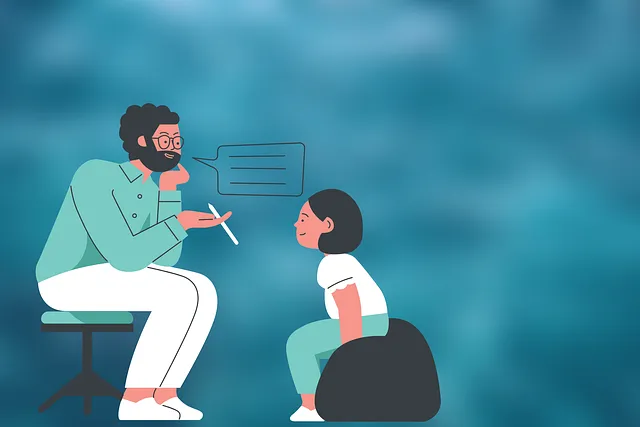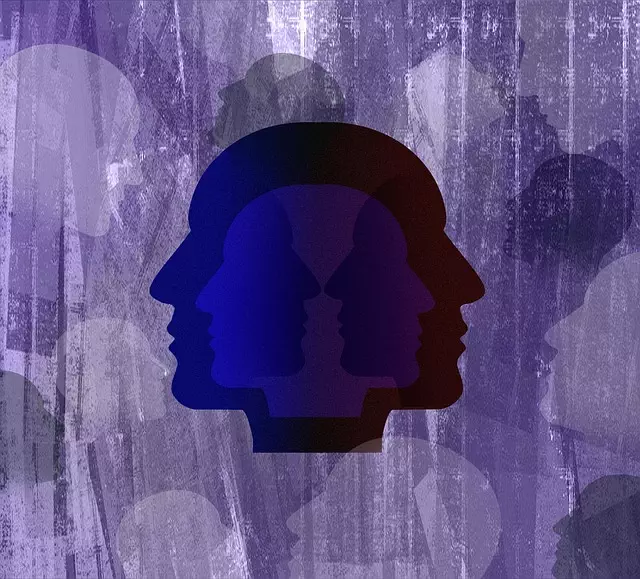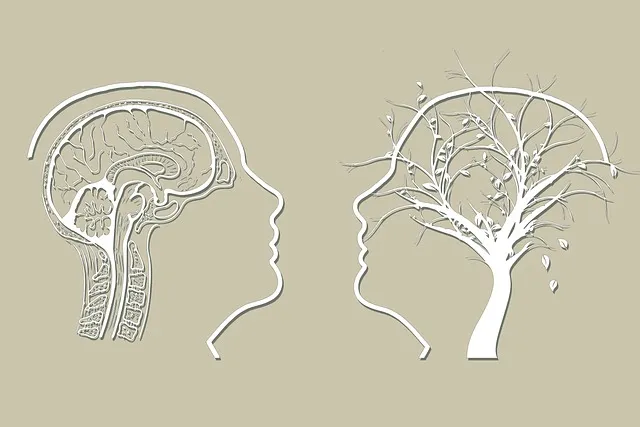The Kaiser Permanente behavioral health center in Lone Tree offers comprehensive emotion regulation programs, emphasizing mindfulness, cognitive reappraisal, and social support. These techniques enable individuals to understand and manage their emotions effectively, reducing stress, improving mental well-being, and enhancing quality of life. Through education and practical strategies like mindfulness meditation, self-care rituals, and social connections, the center empowers patients and healthcare providers to navigate challenges with emotional resilience.
Emotion regulation techniques are essential tools for navigating life’s challenges. This comprehensive guide explores the art of managing emotions, focusing on the role of Kaiser Permanente Behavioral Health Center Lone Tree in educating individuals on these skills. We delve into popular techniques, their benefits, and real-world applications. Understanding emotion regulation is the first step towards a healthier, happier life. Discover practical tips to integrate these strategies into your daily routine and unlock your emotional well-being with the expertise of Kaiser Permanente Lone Tree.
- Understanding Emotion Regulation: Unraveling the Concept
- The Role of Kaiser Permanente Behavioral Health Center Lone Tree in Teaching Techniques
- Popular Emotion Regulation Techniques: A Deep Dive
- Benefits and Real-world Applications of Learning to Regulate Emotions
- Practical Tips for Incorporating Emotion Regulation into Daily Life
Understanding Emotion Regulation: Unraveling the Concept

Emotion regulation is a vital skill that involves recognizing, understanding, and managing one’s emotions effectively. It’s about more than just suppressing feelings; it’s an essential process that enables individuals to respond to situations in healthy and productive ways. At the Kaiser Permanente behavioral health center Lone Tree, we recognize that mastering this art can significantly impact overall well-being.
This concept delves into the intricate relationship between thoughts, emotions, and behaviors. It encourages individuals to become aware of their emotional triggers, helping them make sense of intense feelings and subsequently regulate their reactions. By learning these techniques, folks can enhance their ability to navigate challenging situations, reduce stress, and cultivate better mental health practices, as supported by various Stress Reduction Methods and Self-Care Practices. Moreover, mental health professionals should undergo thorough Risk Assessment to effectively guide others in mastering emotion regulation while ensuring both personal and client safety.
The Role of Kaiser Permanente Behavioral Health Center Lone Tree in Teaching Techniques

The Kaiser Permanente Behavioral Health Center Lone Tree plays a pivotal role in educating individuals on effective emotion regulation techniques. This healthcare facility has recognized the growing importance of mental well-being, especially within the medical profession. By offering specialized programs and workshops, they empower both patients and healthcare providers to navigate and manage their emotions healthily.
Through interactive sessions, the center teaches valuable skills such as positive thinking, mindfulness exercises, and burnout prevention strategies for healthcare providers. Their approach focuses on the mind-over-matter principles, enabling individuals to take control of their emotional responses. By fostering a deeper understanding of one’s thoughts and feelings, Kaiser Permanente Behavioral Health Center Lone Tree helps create a more resilient and balanced community, ultimately improving overall well-being in the process.
Popular Emotion Regulation Techniques: A Deep Dive

At the Kaiser Permanente behavioral health center Lone Tree, various popular emotion regulation techniques are explored and taught to help individuals manage their emotions effectively. One widely recognized method is mindfulness meditation, which encourages individuals to focus on the present moment, thereby reducing anxiety and stress. By cultivating inner awareness, people can gain a better understanding of their emotional triggers, enabling them to respond rather than react in challenging situations.
Another effective technique involves cognitive reappraisal, where individuals learn to reframe negative thoughts and emotions. This process helps build inner strength by fostering a more positive outlook on life’s challenges. The Kaiser Permanente behavioral health center Lone Tree also emphasizes the importance of social support, promoting community outreach program implementation to connect people with similar experiences and enhance their emotional well-being. Through these comprehensive approaches, individuals can develop robust emotion regulation skills, leading to improved mental health and overall quality of life.
Benefits and Real-world Applications of Learning to Regulate Emotions

Learning to regulate emotions offers profound benefits that extend far beyond the classroom or therapy session. At the Kaiser Permanente behavioral health center Lone Tree, for instance, practitioners emphasize that mastering emotional control can significantly improve mental well-being and overall quality of life. By understanding and managing their emotions effectively, individuals gain a heightened sense of self-awareness, leading to improved decision-making abilities and enhanced interpersonal relationships. This skill set is invaluable in navigating the complexities of daily life, enabling people to respond rather than react to stressful situations.
Real-world applications of emotional regulation techniques are numerous and impactful. They can help foster resilience in the face of adversity, promote positive thinking, and boost confidence. In a world that often feels chaotic and overwhelming, these skills provide individuals with tools to maintain emotional balance and cultivate a sense of inner peace. By teaching people to recognize and control their emotions, Kaiser Permanente behavioral health center Lone Tree empowers them to lead more fulfilling and productive lives.
Practical Tips for Incorporating Emotion Regulation into Daily Life

Emotion regulation is a skill that can be cultivated and integrated into daily routines for better mental well-being. At the Kaiser Permanente behavioral health center Lone Tree, professionals emphasize practical strategies to help individuals manage their emotions effectively. One simple yet powerful technique is mindfulness meditation, which encourages focusing on the present moment without judgment. By dedicating just a few minutes each day to this practice, you can enhance your ability to recognize and respond to emotions in a healthy manner.
Incorporating regular self-care rituals and engaging in physical activity are also valuable tools for emotion regulation. These activities help reduce stress levels and boost overall mood. Additionally, fostering strong social connections through meaningful conversations and building a supportive network can provide a sense of belonging and emotional support. Public Awareness Campaigns Development initiatives play a crucial role in spreading these strategies to a wider audience, promoting self-esteem improvement, and empowering individuals to take charge of their emotional health.
Emotion regulation is a powerful tool for enhancing mental well-being, and the Kaiser Permanente Behavioral Health Center Lone Tree plays a vital role in teaching these techniques. By understanding the concept of emotion regulation, individuals can unlock their potential to navigate life’s challenges with resilience. Through various popular techniques, such as mindfulness and cognitive reframing, one can gain control over their emotions, leading to improved mental health outcomes. The benefits are far-reaching, impacting daily life, relationships, and overall productivity. By incorporating practical tips into routines, folks can revolutionize their emotional well-being, fostering a healthier and more balanced lifestyle.






